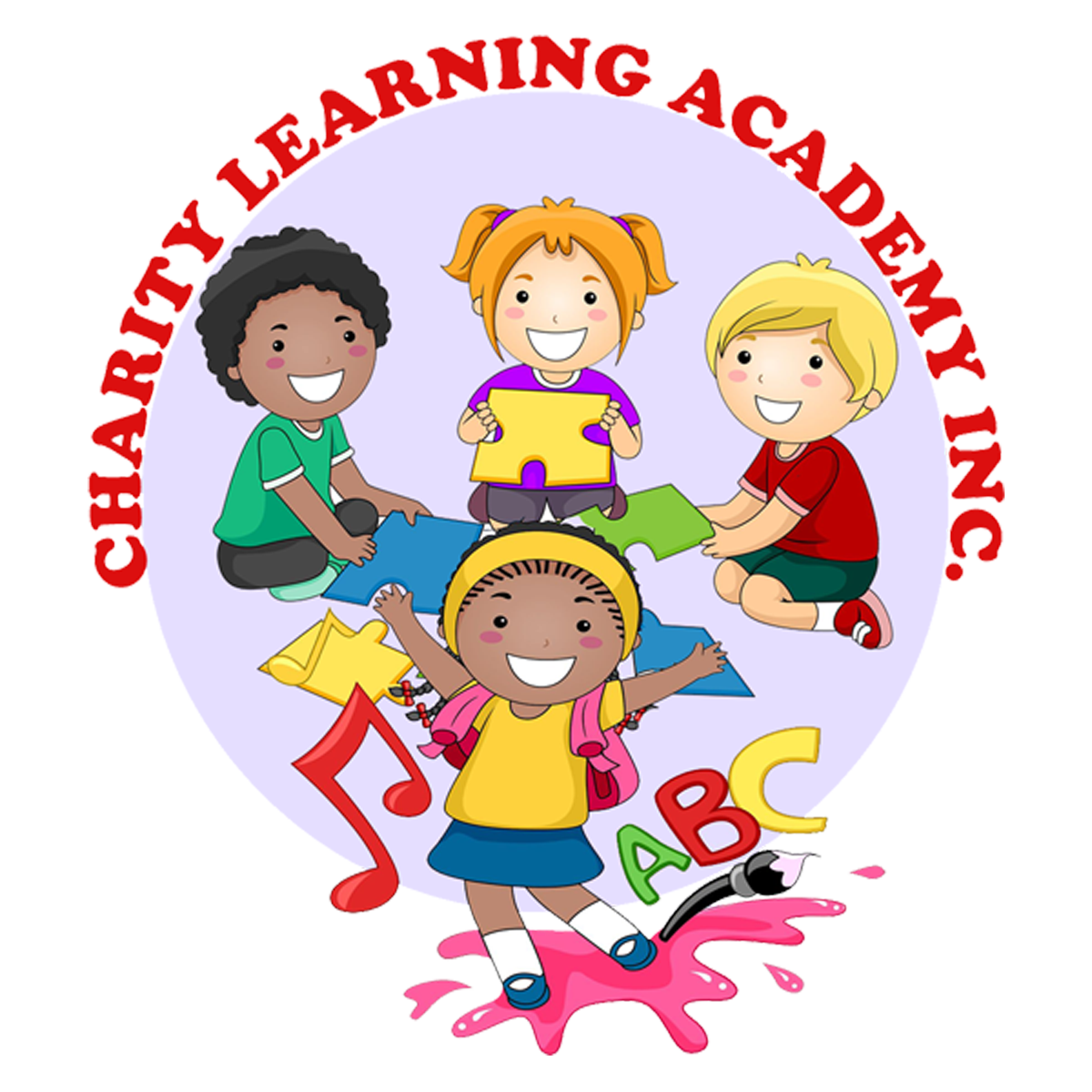How to Choose the Right Care for Your Child’s Early Years

The early years of a child’s life are filled with incredible growth, curiosity, and learning. From birth through age five, young children undergo remarkable brain development, form foundational relationships, and begin to build a sense of identity and security. During this crucial period, one of the most important decisions a parent will make is choosing the right early childhood care.
With so many childcare options available—daycares, preschools, in-home care, nannies, early learning centers—it’s easy to feel overwhelmed. What matters most? How can you be sure your child will be safe, happy, and thriving in your absence?
In this comprehensive guide, we will walk through the key factors every parent should consider when choosing care for their child’s early years. Whether you're a first-time parent or transitioning to a new program, this will help you make a confident, informed decision that supports both your child’s development and your family’s needs.
Understand the Different Types of Early Childhood Care
Before evaluating specific providers, it helps to understand the main categories of early childhood care:
1. Daycare Centers: These are licensed facilities that typically serve children from infancy to pre-kindergarten age. They offer structured routines, group activities, and early learning opportunities.
2. Preschools: Usually designed for children ages 3 to 5, preschools are more education-focused and prepare children for kindergarten. Many follow a specific curriculum.
3. In-Home Childcare Providers: These are caregivers who operate out of their own homes, often caring for a smaller number of children. They may or may not follow formal educational programs.
4. Nannies or Au Pairs: These caregivers provide one-on-one care in your home. While personalized, the quality and cost can vary greatly depending on the individual’s experience and training.
5. Early Learning Centers: These combine care with intentional early education, guided by developmental science and age-appropriate curriculum. They are often designed to meet the holistic needs of young children—social, emotional, cognitive, and physical.
Each type has its strengths, but the best choice will depend on your child’s personality, your family’s routine, and your long-term goals for their early learning.
Look for a Program That Aligns With Your Values
Every family has unique priorities when it comes to raising children. Some families emphasize academic learning early on, while others prioritize creativity, play, or emotional development.
Ask yourself:
- Do I want a structured environment with clear routines?
- Is play-based learning important to me?
- How much outdoor time or physical activity do I expect my child to have?
- Am I looking for a program that teaches social-emotional skills?
- Does faith, cultural diversity, or language development matter in my decision?
Once you’ve clarified your family values, it will be easier to evaluate programs through that lens. The best early childhood care is one that supports your parenting approach and reinforces the lessons you’re already teaching at home.
Assess the Environment Carefully
A child’s environment deeply influences how they feel, learn, and grow. When visiting a center or meeting with a provider, pay close attention to the atmosphere.
Look for:
- Clean, safe, and child-friendly spaces
- Age-appropriate toys and materials
- Separate areas for rest, meals, learning, and play
- Bright, welcoming rooms filled with children’s artwork
- Outdoor play areas that are safe and stimulating
Children should be encouraged to explore, ask questions, and express themselves freely. A warm, joyful, and well-organized environment helps them feel secure and curious.
Evaluate the Caregiver-to-Child Ratio
Smaller ratios ensure that each child gets the attention they need. For infants and toddlers especially, strong one-on-one relationships with caregivers are critical for healthy attachment and development.
Here are some recommended guidelines:
- Infants (0–12 months): 1 adult per 3–4 children
- Toddlers (1–2 years): 1 adult per 4–6 children
- Preschoolers (3–5 years): 1 adult per 8–10 children
Inquire about staff qualifications as well. Ask if the caregivers are certified in early childhood education, CPR, or first aid. The experience, passion, and professionalism of the teachers will impact your child every single day.
Consider the Curriculum and Learning Approach
Even in infancy, children are constantly learning. High-quality early care centers recognize this and incorporate structured learning opportunities that are playful, engaging, and developmentally appropriate.
Ask:
- Is there a curriculum? If so, what is it based on?
- Are learning activities balanced between academics, creativity, movement, and social skills?
- How are children's individual needs and learning styles supported?
- Are there activities that support language development, early literacy, math, and motor skills?
Some centers follow Montessori, Reggio Emilia, or Creative Curriculum models. Others create their own. The key is that there is a consistent approach focused on growth, discovery, and school readiness.
Observe the Social and Emotional Climate
Early childhood care is not just about academics or routines. It is a place where your child will begin to build relationships with others and navigate their feelings.
Notice how the teachers speak to the children. Are they kind, patient, and respectful? Do they get down to the child’s eye level and truly listen?
Ask how the center supports:
- Emotional regulation and coping skills
- Peer interaction and friendship development
- Conflict resolution and problem-solving
- Separation anxiety and transitions
Programs that value emotional development help children feel confident, connected, and safe—key ingredients for lifelong well-being.
Ask About Communication With Families
Strong caregiver-parent communication is essential to building trust and staying involved in your child’s development. Look for programs that prioritize open and honest communication.
Ask:
- How often do you receive updates or reports on your child’s progress?
- Are there regular parent-teacher conferences?
- Is there an app, email, or notebook used for daily communication?
- How are concerns or incidents addressed and communicated?
You want to feel like a partner in your child’s care, not just a drop-off and pick-up person.
Understand Policies and Safety Measures
A professional and well-run childcare program will have clear policies that prioritize child safety and wellness. Don’t be afraid to ask questions, even the tough ones.
Topics to cover include:
- Sick child policies and health protocols
- Emergency preparedness and evacuation plans
- Drop-off and pick-up procedures
- Staff background checks and training
- Discipline and behavior management approaches
This information not only gives peace of mind but also shows that the center takes its responsibility seriously.
Look for Flexibility and Support for Working Families
Modern families often need childcare that fits a variety of schedules. Whether you work early mornings, full-time, part-time, or non-traditional hours, the right care provider will work with your needs.
Consider:
- Do they offer part-time, full-day, or extended hours?
- Is there flexibility in the schedule for holidays or changes?
- Are meals and snacks provided?
- Are there options for before and after school care for older siblings?
Convenience matters, but flexibility combined with quality is the real winning combination.
Trust Your Instincts
Sometimes the most important sign comes from within. How do you feel when you walk into the center? Do you feel welcomed and at ease? Does your child seem curious or comfortable?
It’s perfectly normal to feel nervous when leaving your child in someone else’s care, but the right environment will give you a deep sense of reassurance.
Listen to your gut, ask questions, and don’t be afraid to visit multiple times before making a final decision.
Our engaging preschool curriculum lays the groundwork for lifelong learning, and when combined with the support offered by
before and after school care to help balance family life, families can enjoy a well-rounded educational journey that fits their daily routines discover
what makes our preschool curriculum stand out.
Conclusion
Choosing the right early childhood care is one of the most significant decisions you will make as a parent. It affects your child’s development, your family’s routine, and your peace of mind. With so many options available, taking the time to evaluate your needs, visit programs, and understand your values will help you find the best fit.
At Charity Learning Academy, we know how important this decision is. That’s why we are committed to providing a nurturing, educational, and responsive environment where children feel valued, inspired, and prepared for lifelong learning.
Whether you are looking for infant care, toddler enrichment, or preschool preparation, we invite you to tour our facility, meet our staff, and discover what makes our programs special. Because when care is done right, it doesn’t just support a child—it supports the entire family.










